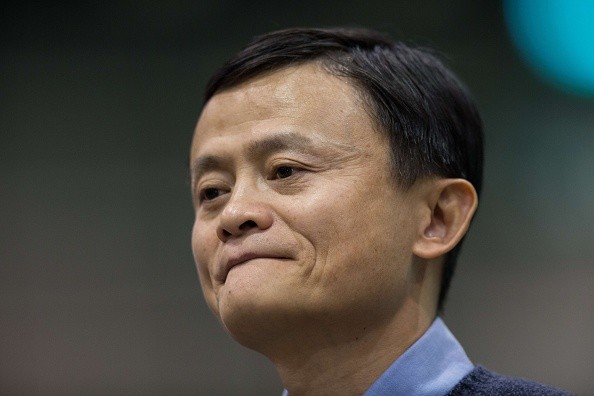Alibaba finds that companies are making false complaints about "fake products" on its online platforms, and it is making its anti-piracy fight a bit trickier.
The Chinese e-commerce giant says that 20 percent of the total complaints that is processed by its Intellectual Property Platform in 2016 were found malicious. They are either using forged documents or they are just false allegations.
A tactic that is used by Chinese companies is trademark squatting. This involves the registration of trademark of companies in other countries in order for them to gain benefits from the trademark owner brand status.
An intellectual property rights agency in Shenzhen used faked documents that include the registration of the trademark of Weixin (which refers to the Chinese name for Tencent's WeChat app).
They presented a fake authorization letter complete with the signature of Tencent chief Pony Ma to file the complaint.
They asked for the removal of all the listings that offers products or services around Weixin. This will lead to the removal of hundreds of products listings from different merchants
Alibaba then detected the false complaint and Tencent reported the case to police afterward.
The Intellectual Property Protection Platform of Alibaba detected around 5,862 accounts that were involved in malicious complaints in 2016. Approximately 1.03 million merchants and over 6 million products were victims of schemes that resulted in a total loss of 107 million yuan.
Alibaba has boycotted Hangzhou Wangwei Technology Ltd., a company that was found to abuse the counterfeit notice and takedown system. According to them, 60 percent of the complaints that they were receiving on the platform were voluntarily withdrawn after counter-appeals from merchants since 2015.
Alibaba later then found itself on the 2016 Notorious Markets List that is put up by the United States Trade Representative, wherein its Taobao platform was accused of having an unacceptable number of counterfeit and pirated products.
As part of its anti-privacy program, Alibaba removed more than 380 million product listings in the 12 months ending in Aug. 2016. It also has helped detect and close around 675 counterfeit operations.






















